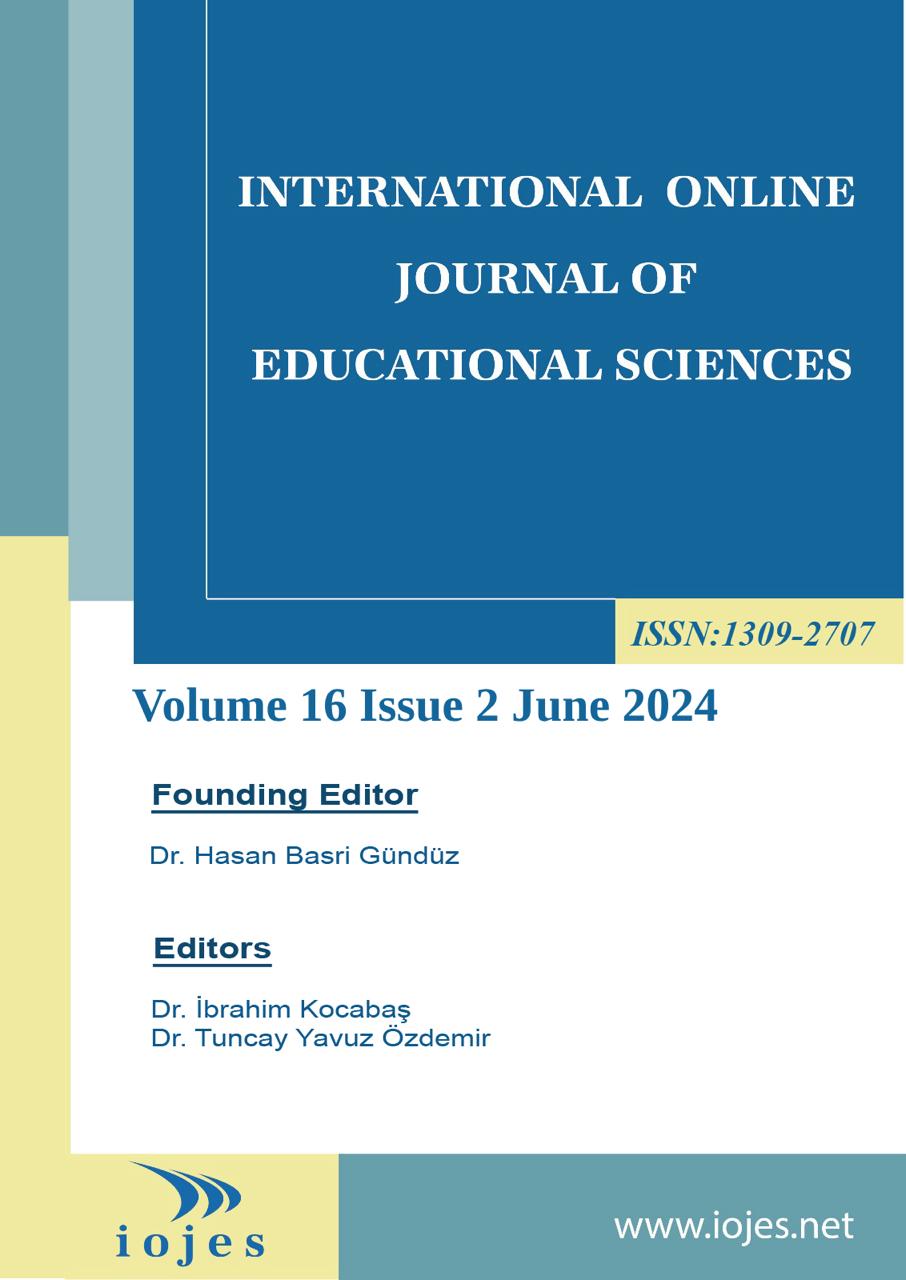Analysis of Teacher Candidates’ Views on the use of Humanoid Robots in Education and Frankeshtein Syndrome
Author :
Abstract
Keywords
Abstract
Humanoid robots, which represent the culmination of the relationship between humans and technology, are
beginning to emerge as new stakeholders in education. The uncertainty surrounding the potential impacts of
humanoid robots in education has sparked debates. These debates reveal a dichotomy, with one side expressing
optimism and the other highlighting negative aspects, referred to as the Frankenstein Syndrome. This dualistic
situation, particularly the Frankenstein Syndrome, which creates confusion in the minds of teachers, is hindering
the integration of humanoid robots into education. It is noted that the Frankenstein Syndrome is culturally
contingent. This underscores the importance of exploring the use of humanoid robots in education within a
cultural context.
The aim of this study is to determine the views of teacher candidates regarding the use of humanoid robots
in education and the Frankenstein Syndrome, which refers to the possibility of these robots becoming
autonomous and getting out of control, and to analyze these views according to various variables. The research,
conducted on a total of 758 teacher candidates, employs a survey method. The data collected through the survey
were analyzed using descriptive statistical techniques. The analysis revealed that the teacher candidates
participating in the study, in line with the literature, partially approve of the use of humanoid robots in education
while also finding it somewhat unsettling. Similarly, the teacher candidates partially acknowledge the positive
functions of humanoid robots in education while also expressing concerns that they may lead to certain
drawbacks in the teaching process. While the teacher candidates participating in the study generally view
humanoid robots positively in terms of technological advancement, they largely oppose these robots taking on
teacher roles and functions. Teacher candidates have predominantly embraced the role of humanoid robots as
"teacher assistants" in their involvement in education. Participant teacher candidates who are not fully familiar
with the Frankenstein syndrome have expressed partial belief in its occurrence, yet they find it dangerous for
humanity and education. These dualistic views of teacher candidates regarding the positive aspects of humanoid
robots and the negative aspect of the Frankenstein syndrome have shown significant variations according to
demographic variables such as gender, department, class, and family's economic and educational status. In the
study, it was evaluated that the perceptions of humanoid robots, both positive and negative (Frankenstein
syndrome), may be influenced by a lack of knowledge and experience, as well as cultural factors. Therefore, the
absence of the Frankenstein syndrome, a product of Western culture, in Turkish culture may facilitate the
integration of humanoid robots into the Turkish Education System. What should be feared here is not the
humanoid robots themselves, but rather the "ambitious and arrogant human" profile who designs them by
exploiting science for malevolent purposes. Indeed, out-of-control humanoid robots (Frankenstein) are the
manifestation of the monstrous feelings of an unbalanced individual who uses science for arrogance and
ambition, lacking balance in intellect, emotion, and conscience.





